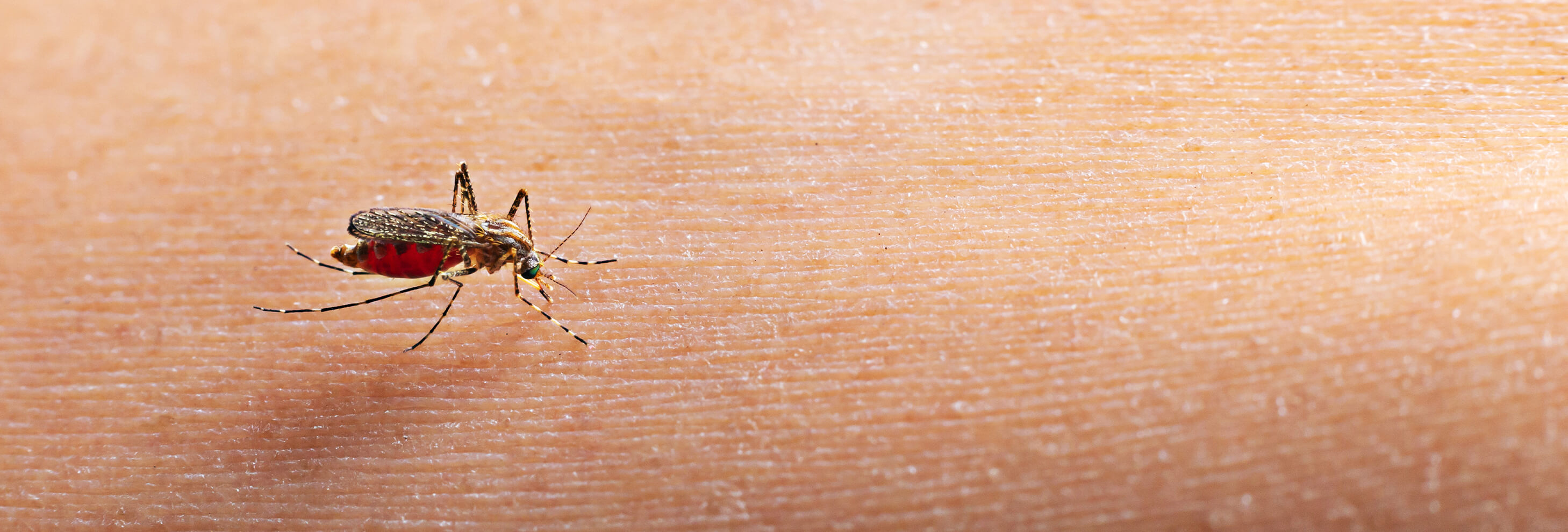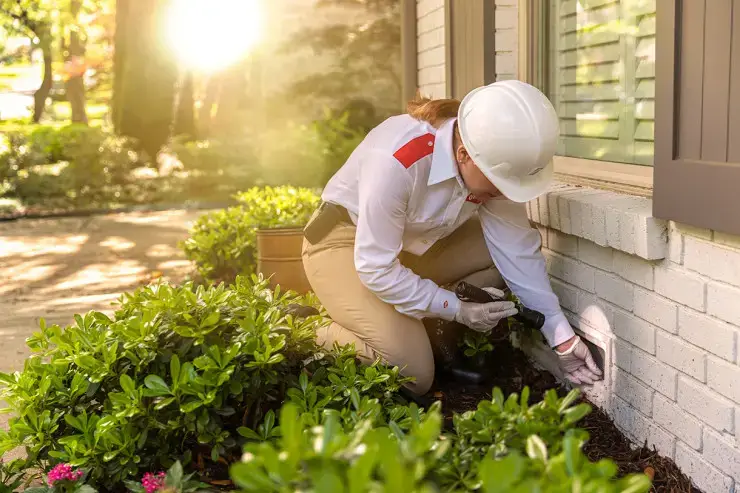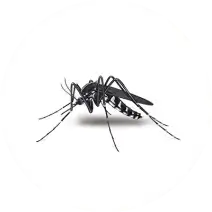Mosquito Treatments
Mosquito treatment may include a combination of synthetic chemicals and natural insecticides in their sheltered resting sites and water environments.More than just an itchy annoyance, mosquitoes are in fact the deadliest creatures on Earth. They can carry dangerous diseases, and more deaths have been reported as a result of their bites than any other animal. With around 176 species that live in the U.S., it’s important to prevent mosquitoes at home as best as possible.When used in conjunction with a mosquito control program, repellents are the most effective way to combat different types of mosquitoes and diseases spread by mosquitoes. Consult with an expert who can assess insect risk factors and work with you to reduce any current or future mosquito infestations.To better control mosquitoes in the house and yard, contact your local Orkin branch.Identifying Mosquitoes in the HouseWhy are there tiny mosquitoes in my house?Insects can be difficult to identify since they are so small. In the U.S., most adult mosquitoes are about 0.2 to 0.35 inches in length. What people call tiny mosquitoes in the house may actually be midges, gnats, and other small, non-biting and biting pests. Anything from uncovered trash, excess moisture and lights may draw these insects indoors.Why are there big mosquitoes in my house?Crane flies look like extra-large mosquitoes. Light is a strong attractor for these pests, which is why crane flies often fly into homes.Additionally, some mayfly species breed in the same habitats as mosquitoes, so residents may mistake them for a bigger version of these pests. Neither mayflies nor crane flies bite or spread disease, but they sure can be an annoying nuisance.How do mosquitoes get in the house?These insects like cool, shaded spaces and can get indoors rather easily. A few ways that mosquitoes can enter homes during the day or night are through:

-c7285d4e-0485-4ab5-ab8e-c1b84992db69.png)
-238b3860-d9a7-4b1e-b3fb-6372b2c25e97.png)
-01a3d8a2-2826-4df6-a61d-ff8234ecf3a6.png)

-bb172f9e-3a97-48f4-acc9-675ea104801c.png)









